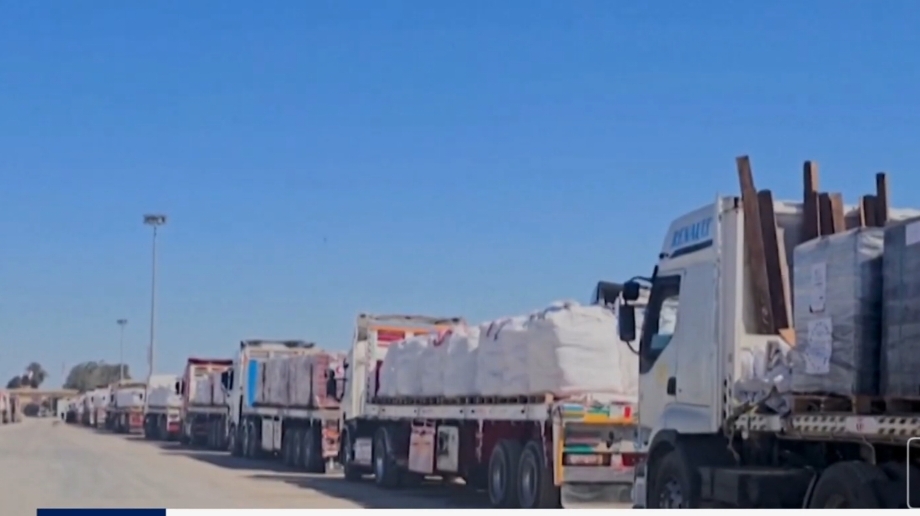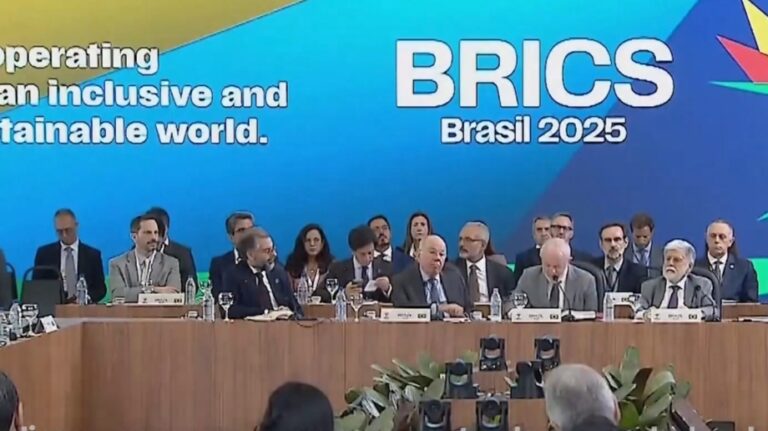Israeli Prime Minister Benjamin Netanyahu Blocks Humanitarian Aid to Gaza During Ramadan
Israeli Prime Minister Benjamin Netanyahu has announced a halt to all humanitarian aid entering the Palestinian Gaza Strip during the holy month of Ramadan. According to Netanyahu’s office, the decision to block goods and supplies comes in response to Hamas rejecting a temporary ceasefire proposal brokered by the United States.
The proposal, presented by U.S. Special Envoy for the Middle East Steve Witkov, suggested extending the first phase of the Israel-Hamas ceasefire for 50 days, covering both Ramadan and Passover. While Israel accepted the proposal, Hamas refused, claiming that Israel’s primary goal is to secure the release of its citizens without committing to a long-term resolution to the conflict.
The proposed ceasefire agreement outlined a three-phase plan. The first phase, lasting 42 days, included the release of hostages—specifically women, children, and the elderly—a cessation of attacks, and the delivery of additional international humanitarian aid to Gaza. However, with Hamas rejecting the proposal, Netanyahu’s administration has opted to suspend all aid shipments indefinitely.
This move has sparked international concern, particularly during Ramadan, a time of heightened significance for Muslims worldwide. Critics argue that blocking humanitarian aid could exacerbate the already dire conditions in Gaza, where access to essential supplies remains critical.
The ongoing conflict between Israel and Hamas continues to draw global attention, with efforts to negotiate a lasting ceasefire facing significant challenges. As tensions persist, the humanitarian situation in Gaza remains a pressing issue for the international community.







